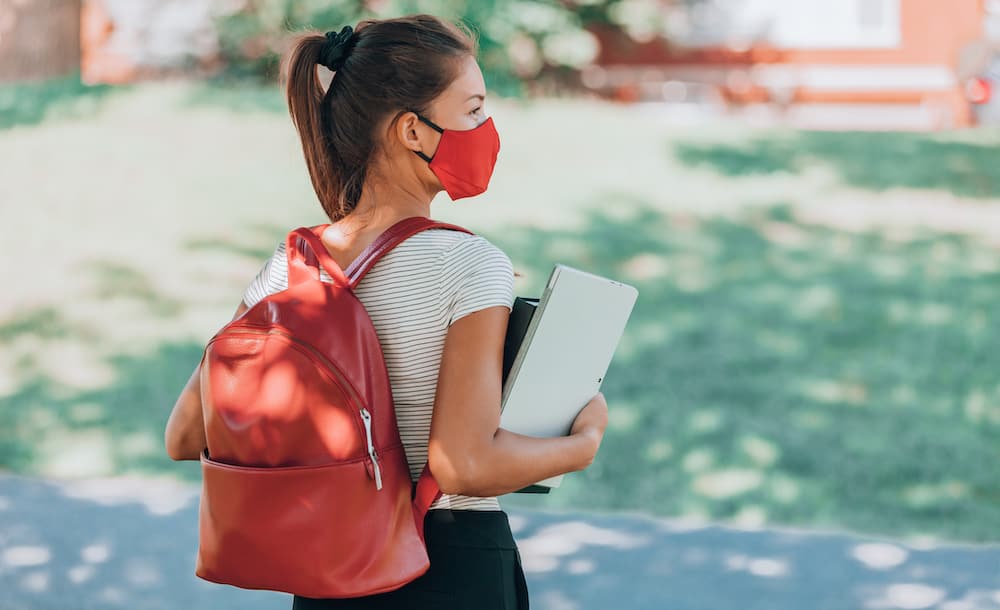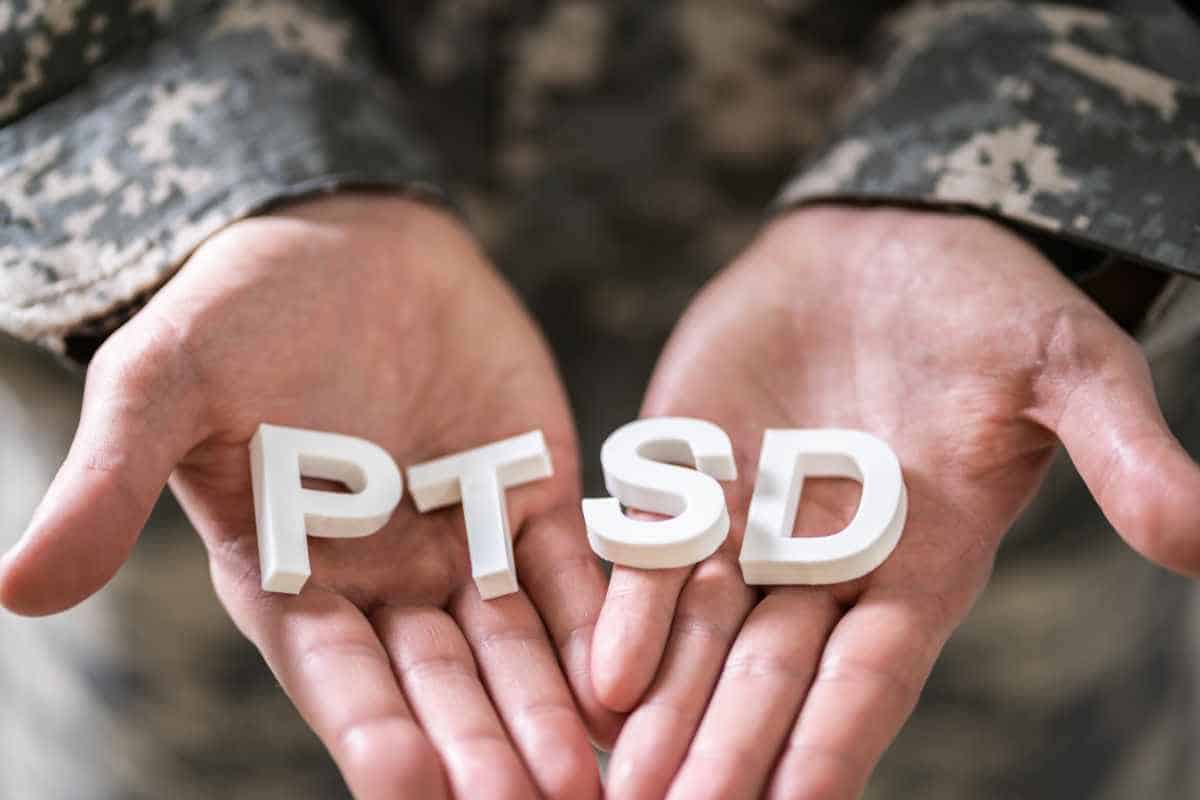COVID-19 caused a lot of change for students in 2020, but now there are several effective vaccines, and things are starting to return to a semblance of normalcy. Of course, this includes returning to in-person classes at school. Whether you are starting this next semester or have participated in online courses, there are a few things to consider when attending campus sober.
Social drinking is common on college campuses throughout the country. The National Survey on Drug Use and Health estimates that 65% of all college students drink alcohol regularly. The National Institute on Drug Abuse reports that up to 15% of college students will use an illegal substance during their partial year on campus. The statistics will fluctuate based on geographical location and might be much higher in some areas. What this means is that you will need to be careful about how you approach your recovery. If you recently went through rehabilitation, there may be aftercare resources at your school.
Recovery Aftercare and On-Campus Living
You may be worried about encountering alcohol or illegal substances in your dorm if you choose to live on campus once this option becomes available in your area. Luckily, you can do some things to avoid this, including looking for a nearby off-campus location to stay at, such as a sober living community. There are also sometimes “dry” dorm options available. You will want to speak with the school department responsible for residential services to determine what they have to offer.
Social Pressure and Maintaining Sobriety
There are plenty of things you can do to keep your mind off temptations that may arise. You can overcome social pressures to drink or attend parties and other events where illegal substances might be available by choosing to focus on your education instead. You are paying good money to take your classes, so choosing to spend your time studying and excelling in your courses will be rewarding on multiple fronts. You will improve your grades and get more out of each lesson while decreasing the risk of a relapse.
Ways you can maintain your sobriety on campus:
- If classmates or friends invite you to go for a drink, suggest going for a meal instead.
- Avoid spending time with people who were a part of your previous negative behavior.
- Attend regular support group meetings and therapy sessions.
- Be honest with the people around you about your struggles and what you are going through.
- Stay in frequent contact with loved ones and members of your support system.
- Avoid situations or locations where you might be tempted to relapse.
Social Distancing and Other Post-Covid Safety Measures
While in-person classes have resumed, there may still be social distancing and other restrictions to limit the number of people allowed in certain areas due to COVID. There are many benefits to this, including fewer dorm parties or different potentially triggering social situations, but there are also downsides. Some community protective measures could make it challenging to meet with support or self-help groups near your campus. The majority of these meetings were moved online early last year and have yet to return to in-person.
Navigating Social Situations While in Recovery
While social distancing and other safety measures make it easier to avoid certain problematic situations, there is no way to prevent all of them. For example, many young people will be trying to reclaim the lost year of fun, and you might find yourself invited to a party in your dorm building where it is known there will be alcohol and other substances available. You have several options for avoiding these types of situations, including:
- Find sober peers and hang out with them instead
- Politely turn down the invitation
- Explain that you are in recovery and avoiding potentially triggering situations
- If you feel comfortable attending, then be sure to stay aware of your emotional state, the environment, and try to bring a friend for moral support
- Treatment and Therapy Options
Ongoing therapy is vital for sobriety. You can look for self-help groups on campus or nearby where you can receive peer support and understanding. You may even find it helpful to get a sponsor who also lives at or near your school. Most local colleges and universities also have on-campus clinics where you can be treated for any related symptoms or side effects. There are always options, so no matter what your return to campus life entails, remember that you are in control of your own health and safety. Take advantage of any resources available and take the time to prepare before heading into your first class.
Campus life is fraught with drama and young people trying to get the most out of life. After a year of lockdowns, social distancing, and isolation, many students are ready to make up for lost time now that campuses are starting to reopen across the country. At Sober Life, we believe that a holistic approach to recovery will be the most successful. We understand that preparing for life on campus can be overwhelming. Our staff can teach you coping skills that will make it easier to attend your classes and hang out with peer groups without worrying about triggers or cravings. Navigating social situations while sober can be tricky, but if you have a solid foundation of preventative education and other valuable tools, you can decrease the risk of relapsing or experiencing emotional distress. Sober Life is here to help you in recovery. For more information, call us at (619) 542-9542.











